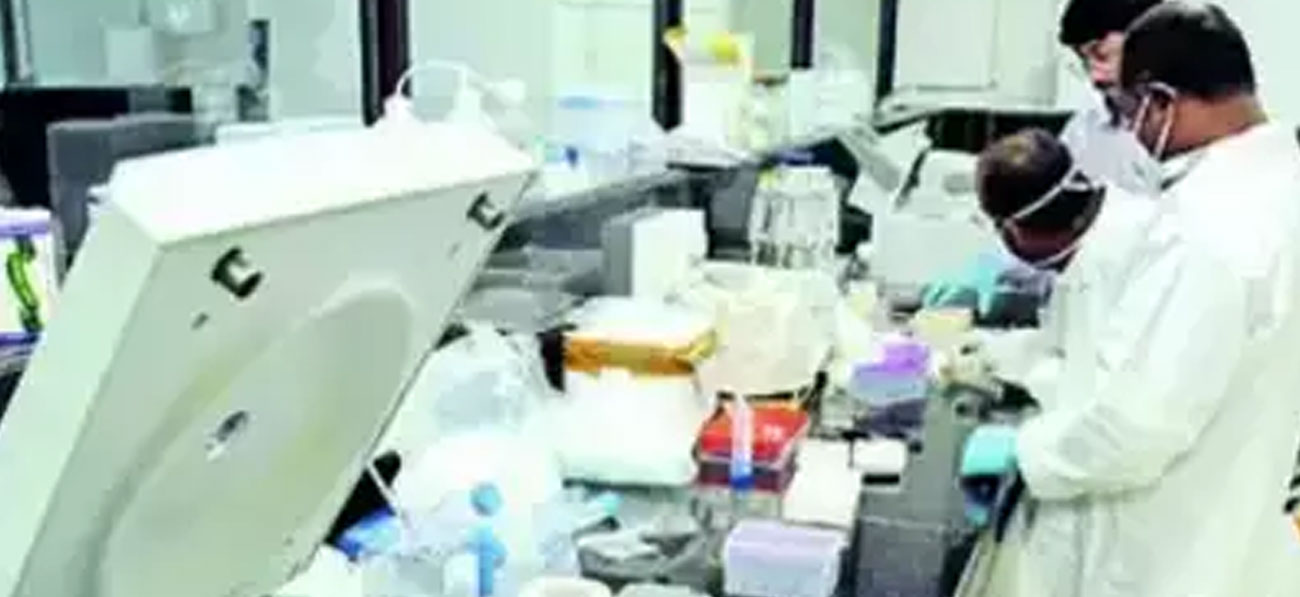
Why investors are getting excited by biotechnology
The pandemic has given a big boost to India’s healthtech and biotech ecosystem. Even investors who rarely looked beyond the country’s software sector are getting excited by the opportunities. Padmaja Ruparel, co-founder of Indian Angel Network (IAN), said in our webinar last week that pre-pandemic, the platform would get about 15-16% of its 10,000-11,000 angel funding deals from the healthcare sector, but post pandemic, that percentage figure has more than doubled. She noted that India now has four unicorns in the space – Pharmeasy, Innovaccer, Pristyncare and Cure. fit.
Sector stakeholders are now beginning to come together to accelerate this pace of development. The government-promoted Biotechnology Industry Research Assistance Council (Birac) and IAN have launched an angel investor network called BioAngels, which is probably the first sector-focused angel investor group in the world. It will fund and nurture highquality startups, with both money and mentoring.
Manish Diwan, head of strategic partnership & entrepreneurship development at Birac, said unlike software, it could take 5-10 years to bring a healthcare product to market. But, he said, there’s a framework today, and the government has made a conscious effort in building a pipeline for entrepreneurs. “So they know that if they tread on this difficult path, there’s a future,” he said.
The government has established a network of 74 incubation centres, across 21 states and UTs, that specialise in biotechnology. It has charted funding plans for startups at different stages of their journey, with significant sums available for areas like clinical trials that cost a lot.
Biotechnology, Diwan noted, is also a cross-disciplinary science, which interjects with various aspects of people’s lives. “Biotech needs to cross-talk with different expertise. To create medical devices, you need to have engineers on board. It also requires connecting resourcerich and resource-poor regions and taking the tech to the last mile,” he said. These are areas where India already has demonstrated capabilities.
Ruparel said the pandemic showed India’s prowess when indigenous vaccines were export ready in a short span of time. India, she noted, is becoming the global manufacturing hub in formulations and vaccines.
In biotech, Diwan said, startups are beginning to raise substantial funds, and becoming more and more ambitious. He noted that, which was seeded almost 10 years ago, and which converts methane into proteins and reduces the carbon footprint, raised $20 million recently. There’s Bugworks, which has put their first-in-class molecules in phase 1 clinical trials for anti-bacterial resistance. There’s Pandorum Technologies that has a proprietary technology platform designed to develop functional human tissues, such as bio-engineered cornea and liver.
